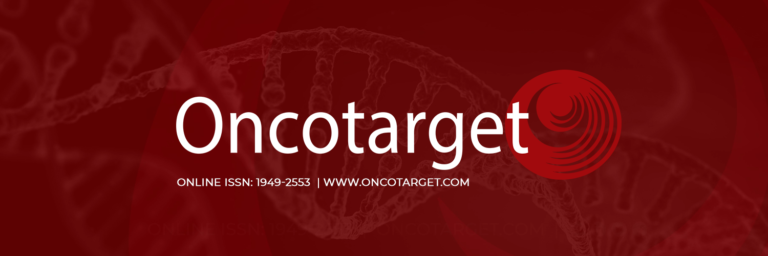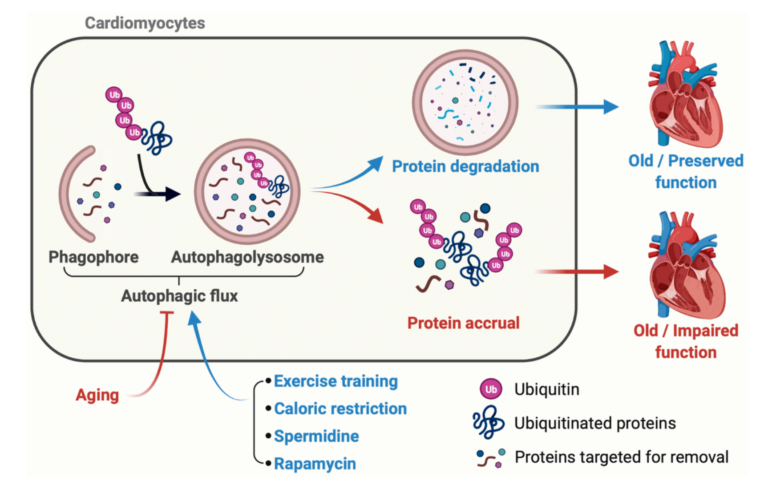Oncoscience | Rapamycin in the context of Pascal’s Wager: generative pre-trained transformer perspective
News, Oncoscience
December 27, 2022“The ability of the large language models, and other AI systems to make meaningful contributions to academic work may justify future co-authorship on academic perspective, review and research papers.”
BUFFALO, NY- December 27, 2022 – A new research perspective was published in Oncoscience (Volume 9) on December 21, 2022, entitled, “Rapamycin in the context of Pascal’s Wager: generative pre-trained transformer perspective.”
Large language models utilizing transformer neural networks and other deep learning architectures demonstrated unprecedented results in many tasks previously accessible only to human intelligence. In this new paper, Dr. Alex Zhavoronkov from Insilico Medicine used the ChatGPT Generative Pre-trained Transformer by OpenAI to discuss the use of rapamycin for anti-aging through the philosophical framework of Pascal’s wager.
“In this article, we collaborate with ChatGPT, an AI model developed by OpenAI to speculate on the applications of Rapamycin, in the context of Pascal’s Wager philosophical argument commonly utilized to justify the belief in god.” — Dr. Alex Zhavoronkov
In response to the query, “Write an exhaustive research perspective on why taking Rapamycin may be more beneficial than not taking Rapamycin from the perspective of Pascal’s wager,” ChatGPT provided the pros and cons for the use of Rapamycin considering the preclinical evidence of potential life extension in animals. This article demonstrates the potential of ChatGPT to produce complex philosophical arguments and should not be used for any off-label use of Rapamycin.
“In conclusion, the decision to take Rapamycin or not is ultimately a personal one, and it will depend on an individual’s values and priorities. From the perspective of Pascal’s wager, taking Rapamycin could potentially provide significant health benefits and extend lifespan, but it also carries the risk of side effects and long-term health problems. Ultimately, the decision should be made in consultation with a healthcare provider, who can provide guidance and advice based on an individual’s specific situation.” — ChatGPT
DOI: https://doi.org/10.18632/oncoscience.571
Correspondence to: Alex Zhavoronkov – Email: alex@insilico.com
Keywords: artificial intelligence, Rapamycin, philosophy, longevity medicine, Pascal’s Wager
About Oncoscience:
Oncoscience is a peer-reviewed, open-access, traditional journal covering the rapidly growing field of cancer research, especially emergent topics not currently covered by other journals. This journal has a special mission: Freeing oncology from publication cost. It is free for the readers and the authors.
To learn more about Oncoscience, visit Oncoscience.us and connect with us on social media:
- Twitter – https://twitter.com/OncoscienceJrnl
- Facebook – https://www.facebook.com/Oncoscience
- YouTube – https://www.youtube.com/channel/UCyuhJRF3rNxTJcFhDJ9eK5A
- LinkedIn – https://www.linkedin.com/company/oncoscience/
For media inquiries, please contact media@impactjournals.com.

